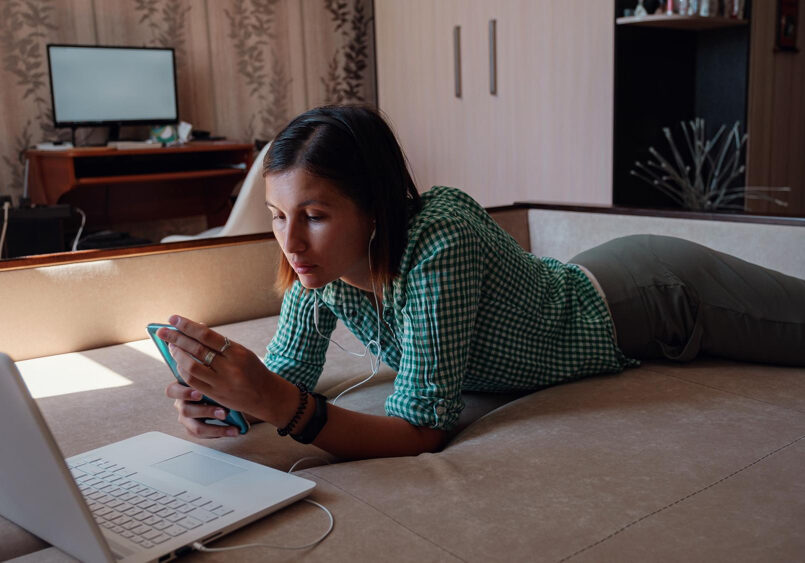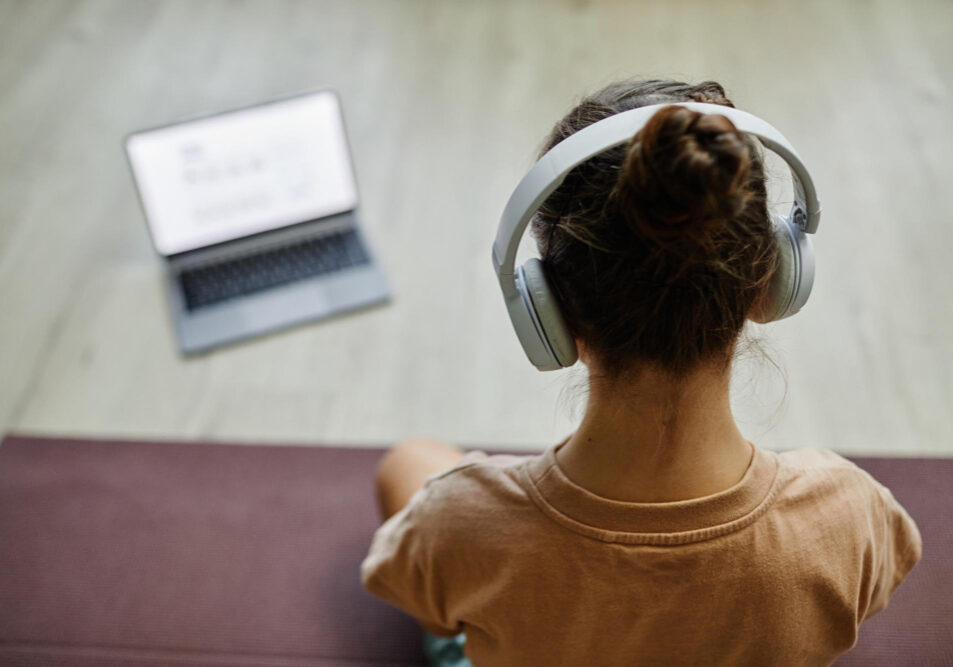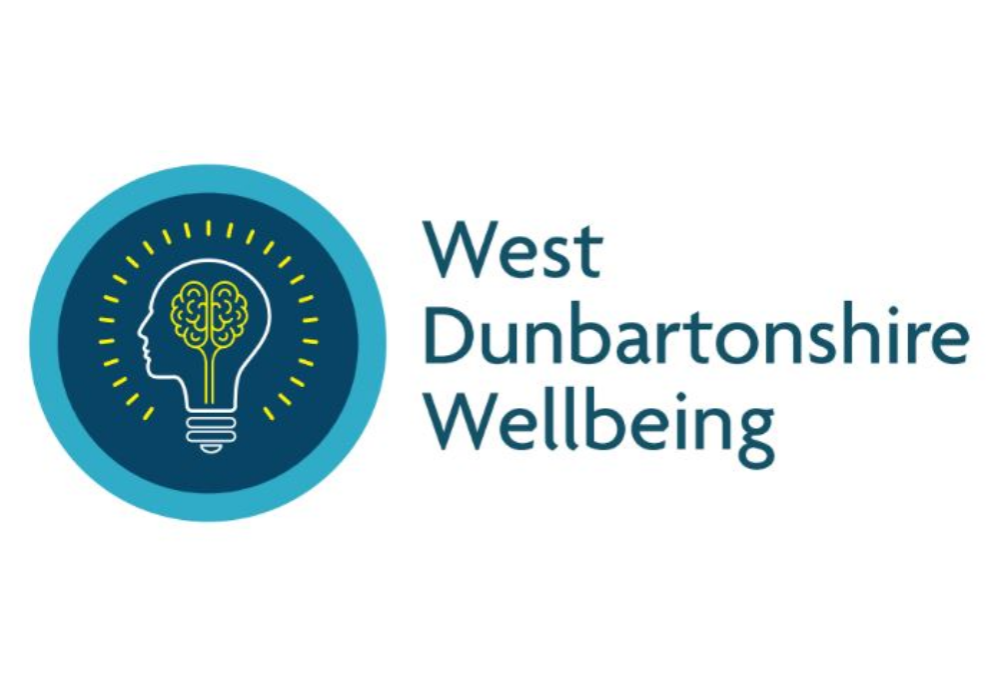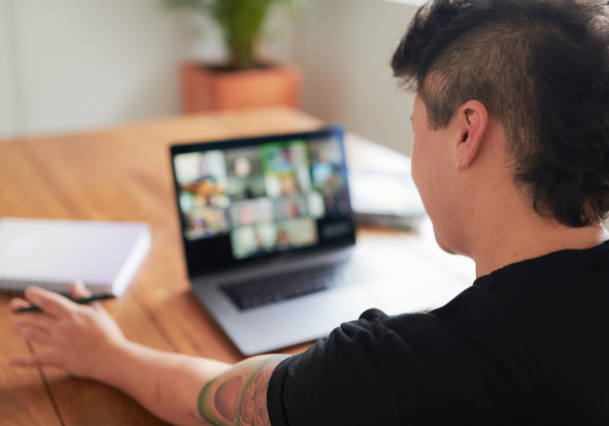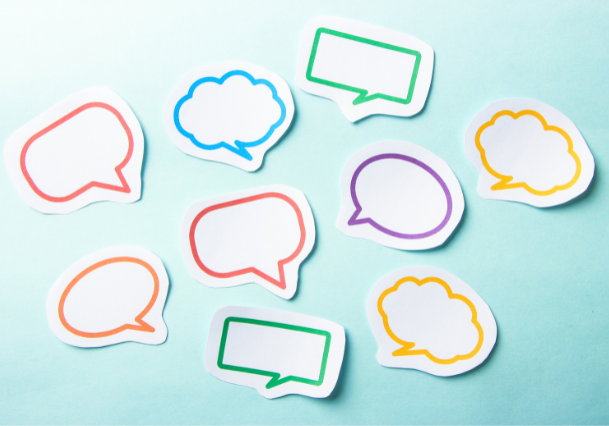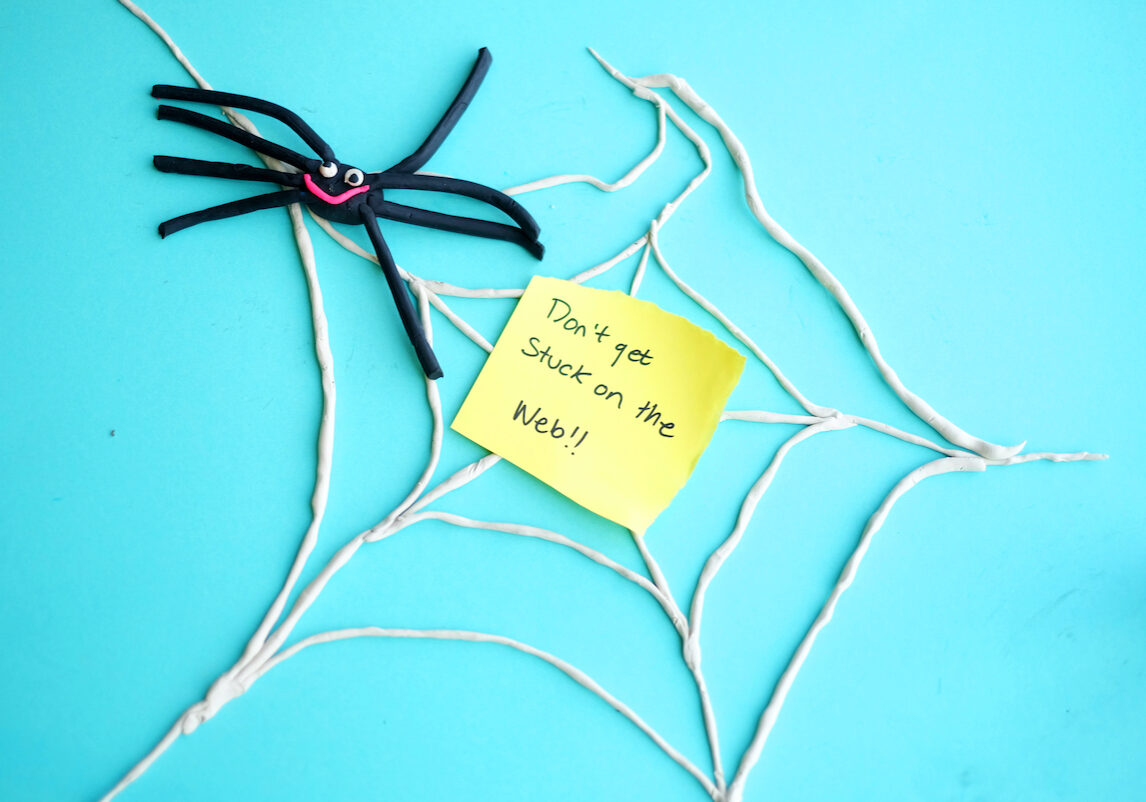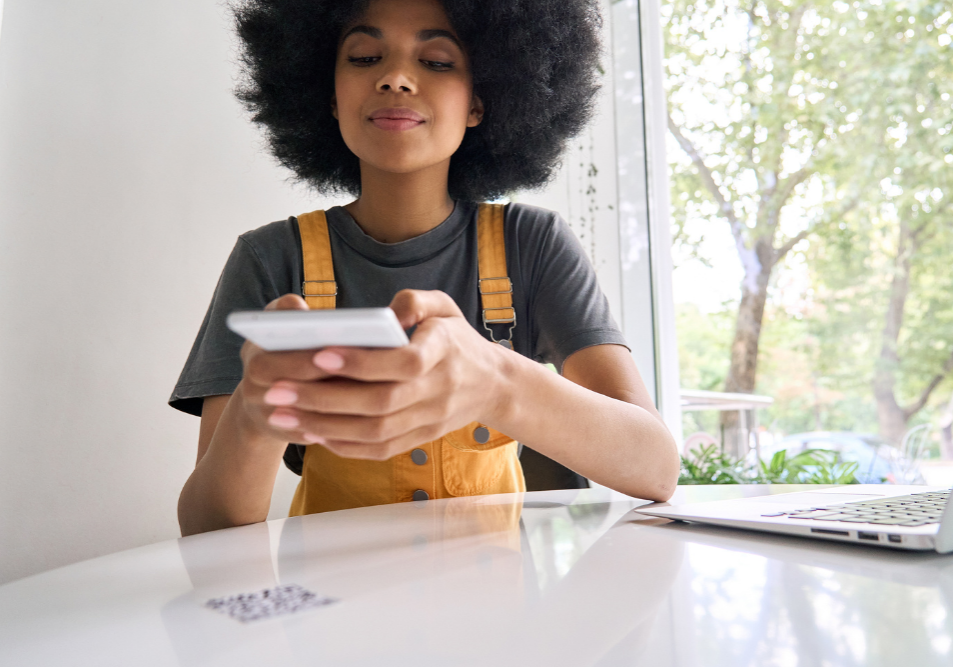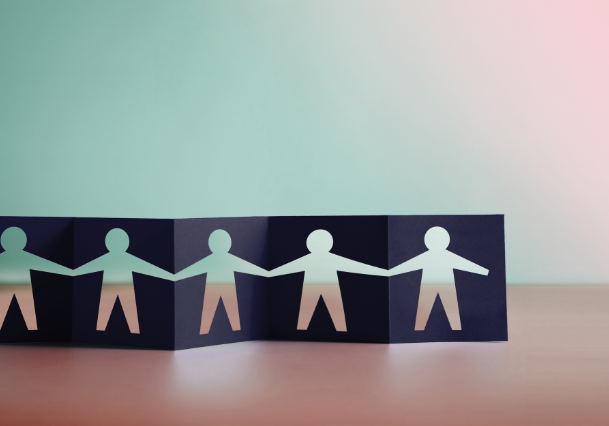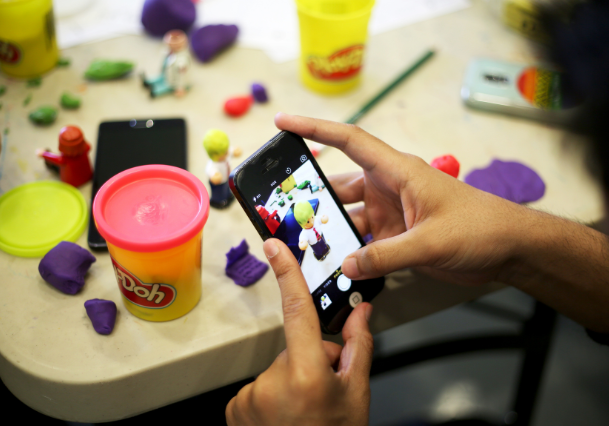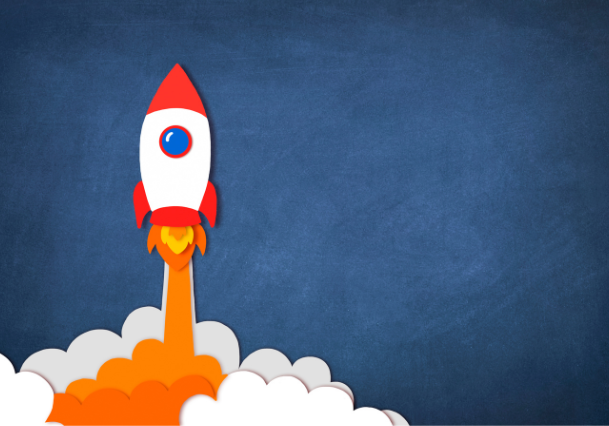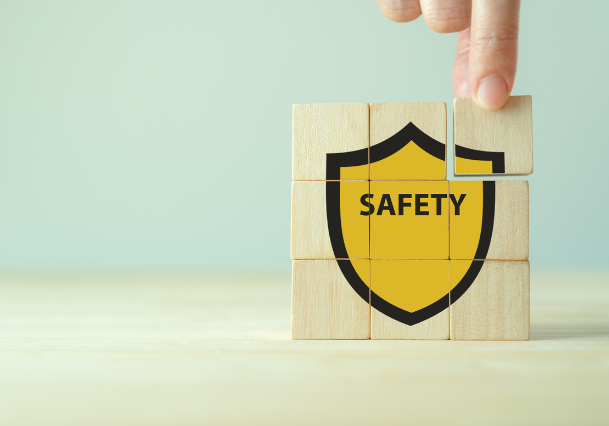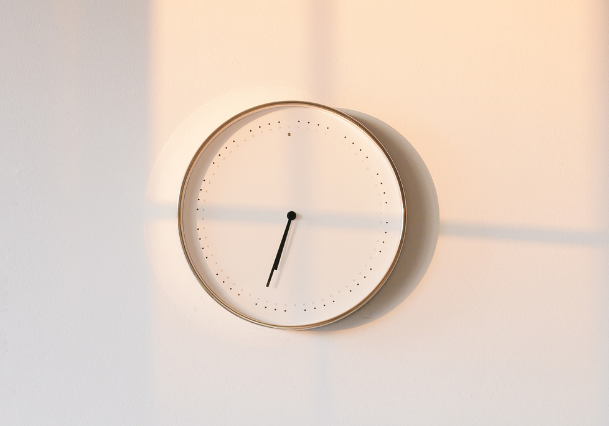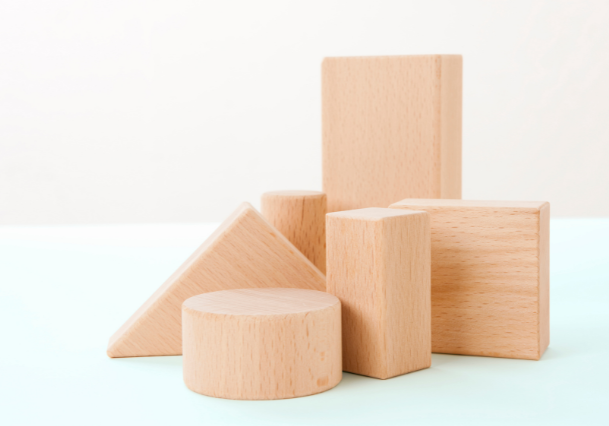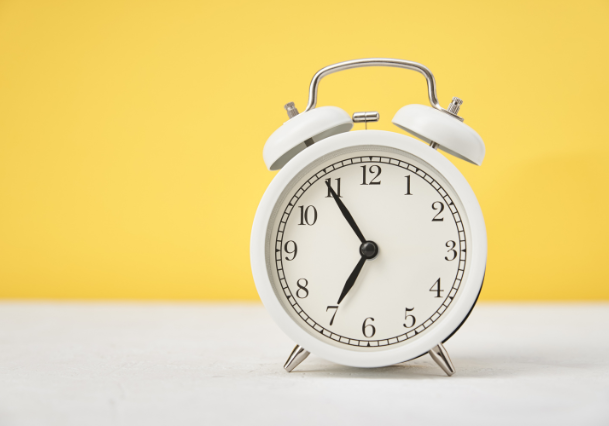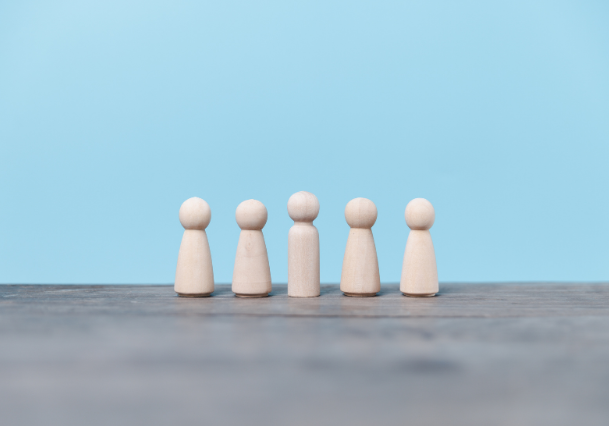Equipping professionals to use digital tools to support children and young people's mental health & wellbeing
Guides
Read practical guides written by a range of organisations that share the exact steps they followed when using a digital tool to support children and young people's mental health and wellbeing.
Digital tools
Explore a collection of digital tools that can be used to support children and young people's mental health and wellbeing.
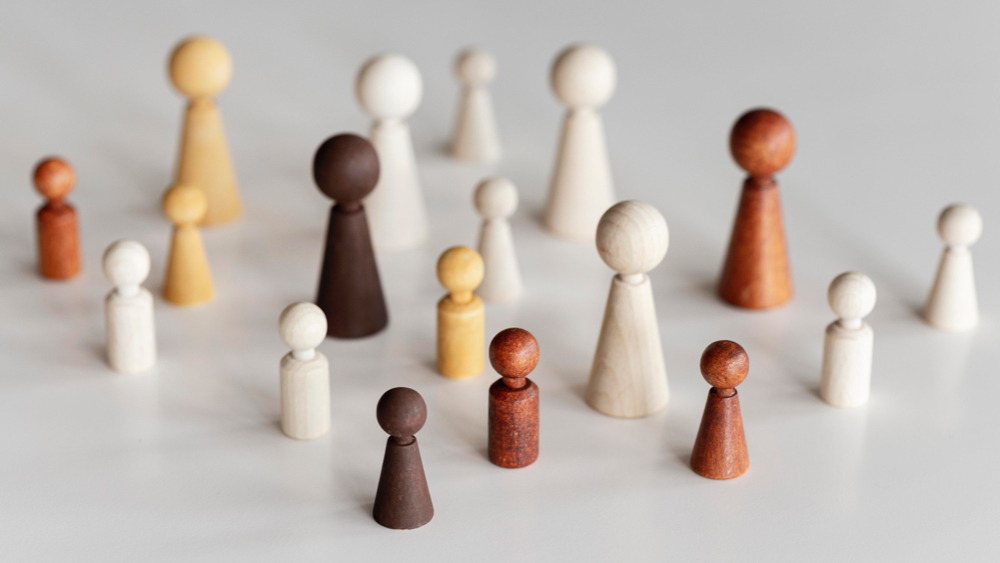
Community
Connect with other organisations who are using digital technologies to support children and young people's mental health and wellbeing.
Recent guides
Using video counselling to support the bereaved
Sue Ryder piloted a free online service in 2018 providing counselling via video, which allowed people to access professional support from home.
View guideCreating a website for young people to access mental health support
YMCA had to move their Changing Futures teen mental health programme online due to COVID-19. The Changing Minds website provides a digital version of this service.
View guideLaunching online children’s therapy to support families
Pace looked at how it could provide high-quality therapy and family support to children and young people across the country, in a way that did not expose them to increased risk of contracting
COVID-19.
Creating a wellbeing website
A guide on how to create a wellbeing website for children and young people, their parents/carers, and those that work with them.
View guideA youth work guide to using Discord
A guide to using instant messaging social media platform, Discord, when engaging with children and young people.
View guideHow to run safe and ethical online focus groups
A guide that covers how to run online focus groups with young people on a sensitive topic in an ethical and safe way.
View guideA guide to running online chatrooms and support groups
A guide that outlines the steps to follow to set up and run online chatrooms and support groups.
View guideA guide to using an AI chatbot to design and write a training session or lesson plan
Learn the steps to follow to use an AI chatbot to design and write a training session, lesson plan, or workshop.
View guideHolding a mental health-themed image and GIF making session [60 mins]
How to hold fun and interactive image and GIF making sessions with young people about mental health and wellbeing.
View guideCreating an innovative mental health signposting resource
How to create an innovative digital mental health signposting resource that is easy to access via a QR code.
View guideUsing video counselling to support the bereaved
Sue Ryder piloted a free online service in 2018 providing counselling via video, which allowed people to access professional support from home.
View guideCreating a website for young people to access mental health support
YMCA had to move their Changing Futures teen mental health programme online due to COVID-19. The Changing Minds website provides a digital version of this service.
View guideLaunching online children’s therapy to support families
Pace looked at how it could provide high-quality therapy and family support to children and young people across the country, in a way that did not expose them to increased risk of contracting
COVID-19.
Creating a wellbeing website
A guide on how to create a wellbeing website for children and young people, their parents/carers, and those that work with them.
View guideA youth work guide to using Discord
A guide to using instant messaging social media platform, Discord, when engaging with children and young people.
View guideHow to run safe and ethical online focus groups
A guide that covers how to run online focus groups with young people on a sensitive topic in an ethical and safe way.
View guideRecent blog posts
Partner insights: The power of digital tools for children and young people’s mental health and wellbeing
The launch of Aye Mind is the result of months of hard work between the Mental Health Improvement Team at NHS Greater Glasgow and Clyde and local partners. Everyone involved shared the same belief that digital technologies have a key role to play in child and youth mental health and wellbeing. We had the privilege…
Read postThe Aye Mind co-production journey
By Heather Sloan on behalf of the Aye Mind Collaborative @heatsloan “Tell me and I forget, teach me and I may remember, involve me and I learn” (Benjamin Franklin) What is co-production and why does it matter? The Scottish Co-production Network defines co-production as a way of making decisions that combines everyone’s strengths so that…
Read postAnother Giant Leap – Digital Approaches to Youth Mental Health, Revisited and Refreshed
By Trevor Lakey, on behalf of the Aye Mind collaborative How time flies! Around a decade ago, we took our first giant leap for youth mental health, and started out on a bold journey to explore digital approaches to youth mental health. Today, our Aye Mind relaunch gives us the opportunity to look back at…
Read postOnline Bullying – respectme
By Lorraine Glass, Director, respectme – Scotland’s Anti-Bullying Service “I don’t make it my business to strike terror into the hearts of children – after all, it somewhat goes against the brief! …however I recall exactly the moment that I did just that, and wanted to share it with you. Almost a decade ago (scary…
Read postWhat we learned from the Online Safety Live Event in Glasgow
We recently attended the Online Safety Live Event 2024 in Glasgow, run by the UK Safer Internet Centre, and here are some of the key things that we learned: Promoting the online safety of children and young people is a key policy priority in Scotland and the UK (Online Safety Act, Internet Safety for Children…
Read postAye Mind – A year since our relaunch
We re-launched our Aye Mind project just over a year ago and are sharing some highlights of what we achieved in that time:
Read postWhy Digital Youth Mental Health?
It’s no longer possible for us to support a child or young person’s (CYP) mental health without thinking about the online environment. This includes being aware of the risks of the online environment and encouraging CYP to maximise the benefits of being online. It also means knowing the benefits of digital tools in promoting wellbeing…
Read postLoneliness in the Digital World
By Dr Zhuoni Xiao, Research Fellow, and Sarah Robertson, Youth Engagement Lead, on behalf of the Loneliness in the Digital World team, Generation Scotland. Loneliness and Social Interaction Loneliness has been identified as an important public health issue, peaking during adolescence (Park et al., 2020). Previous research has suggested that social interaction is a key…
Read postSocial Media Series – YouTube
This is the first blog in a special social media series looking at popular social media platforms that are used by children and young people. The series aims to help you develop a foundational understanding of common platforms and how to support children and young people who use them to have a safe and positive…
Read postGaming and Mental Health
Gaming is extremely popular with children and young people: 57% of UK children aged 3-15 play games online and 38% of those 16+ do (Ofcom, 2023). It can feel hard to keep up to date with the latest games, know their mental health impact, be aware of the key safety concerns, and how to support…
Read postWhat is sextortion and how can we protect young people from it?
Sextortion has been in the news a lot lately. Increasing reports of young people being targeted and the devastating consequences that this can have on their lives led the National Crime Agency (NCA) to issue an unprecedented alert to UK schools about the rise in risk of sextortion. Those of us supporting young people need…
Read post11 Online Safety Resources
When we think about children and young people going online, often one of our main concerns is making sure that they are safe and have a positive experience. We know there is a range of online harms that they might come across, from bullying, online pornography, sexual exploitation and abuse, to content promoting self-harm or…
Read postChildren and young people are being left behind – here’s what we can do about it
By Jane Grant, Health Improvement Lead, and Laura Hills, Health Improvement Senior, NHSGGC, on behalf of the Aye Mind Collaborative “Access to the digital world can no longer be seen as a luxury. Instead, digital inclusion must be seen as the cornerstone to ensuring social justice and equitable life chances for every child” (Unicef) The…
Read postScreen time and mental health: What does the evidence say?
There is an ongoing and heated debate around the impact that “screen time” is having on children and young people’s mental health and wellbeing. This debate is being amplified across media outlets, which often claim that social media is causing a youth mental health crisis. You don’t have to go far to find alarming headlines…
Read postTen digital tools to help with anxiety
Anxiety is a normal emotion. All of us can feel it, but sometimes it can get out of control and can lead to a mental health problem. In fact, according to the Mental Health Foundation, nearly all young people in their research (86%) had felt anxious in the previous two weeks, and for over half…
Read postThink technology is ruining our sleep? Think again
A guest blog written for World Sleep Day by Dr Dimitri Gavriloff, Clinical Psychologist and Clinical Course Tutor in Sleep Medicine at Oxford University. Dimitri also works as Clinical Engagement Lead for Sleepio. “I know I shouldn’t be using my phone.…” is something I often hear from the patients I see with insomnia. I wonder…
Read postDesigning for people that will be using this website – that’s you!
We began the re-boot project for Aye Mind with a big objective: learn from what we had done before, and have conversations with the community who will be using the site to really understand what you need from it (and our wider service).
Read postPartner insights: The power of digital tools for children and young people’s mental health and wellbeing
The launch of Aye Mind is the result of months of hard work between the Mental Health Improvement Team at NHS Greater Glasgow and Clyde and local partners. Everyone involved shared the same belief that digital technologies have a key role to play in child and youth mental health and wellbeing. We had the privilege…
Read postThe Aye Mind co-production journey
By Heather Sloan on behalf of the Aye Mind Collaborative @heatsloan “Tell me and I forget, teach me and I may remember, involve me and I learn” (Benjamin Franklin) What is co-production and why does it matter? The Scottish Co-production Network defines co-production as a way of making decisions that combines everyone’s strengths so that…
Read postAnother Giant Leap – Digital Approaches to Youth Mental Health, Revisited and Refreshed
By Trevor Lakey, on behalf of the Aye Mind collaborative How time flies! Around a decade ago, we took our first giant leap for youth mental health, and started out on a bold journey to explore digital approaches to youth mental health. Today, our Aye Mind relaunch gives us the opportunity to look back at…
Read postOnline Bullying – respectme
By Lorraine Glass, Director, respectme – Scotland’s Anti-Bullying Service “I don’t make it my business to strike terror into the hearts of children – after all, it somewhat goes against the brief! …however I recall exactly the moment that I did just that, and wanted to share it with you. Almost a decade ago (scary…
Read postWhat we learned from the Online Safety Live Event in Glasgow
We recently attended the Online Safety Live Event 2024 in Glasgow, run by the UK Safer Internet Centre, and here are some of the key things that we learned: Promoting the online safety of children and young people is a key policy priority in Scotland and the UK (Online Safety Act, Internet Safety for Children…
Read postAye Mind – A year since our relaunch
We re-launched our Aye Mind project just over a year ago and are sharing some highlights of what we achieved in that time:
Read postDownload the Toolkit
Your introductory guide to using digital technologies to support children and young people’s mental health and wellbeing.

